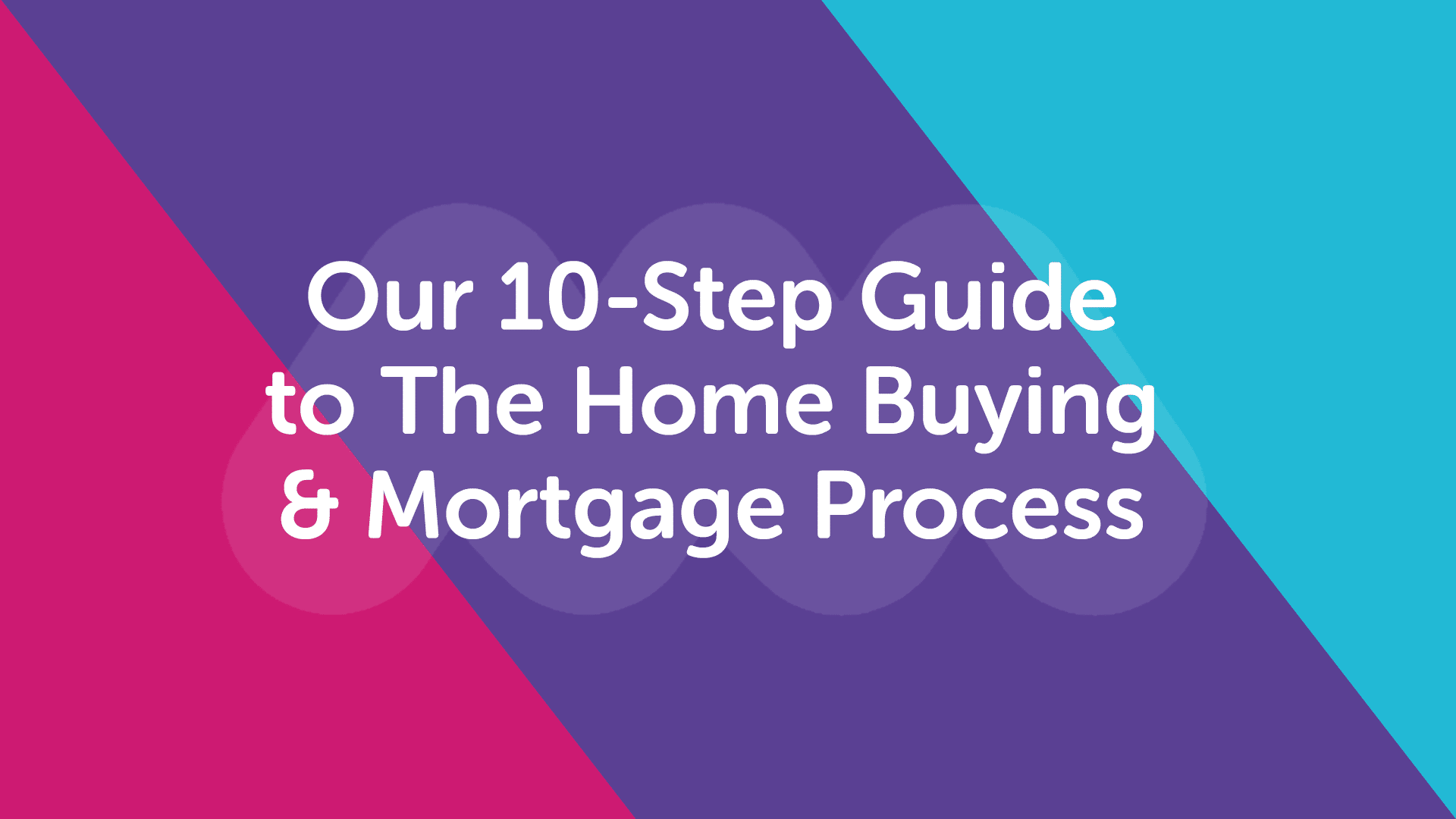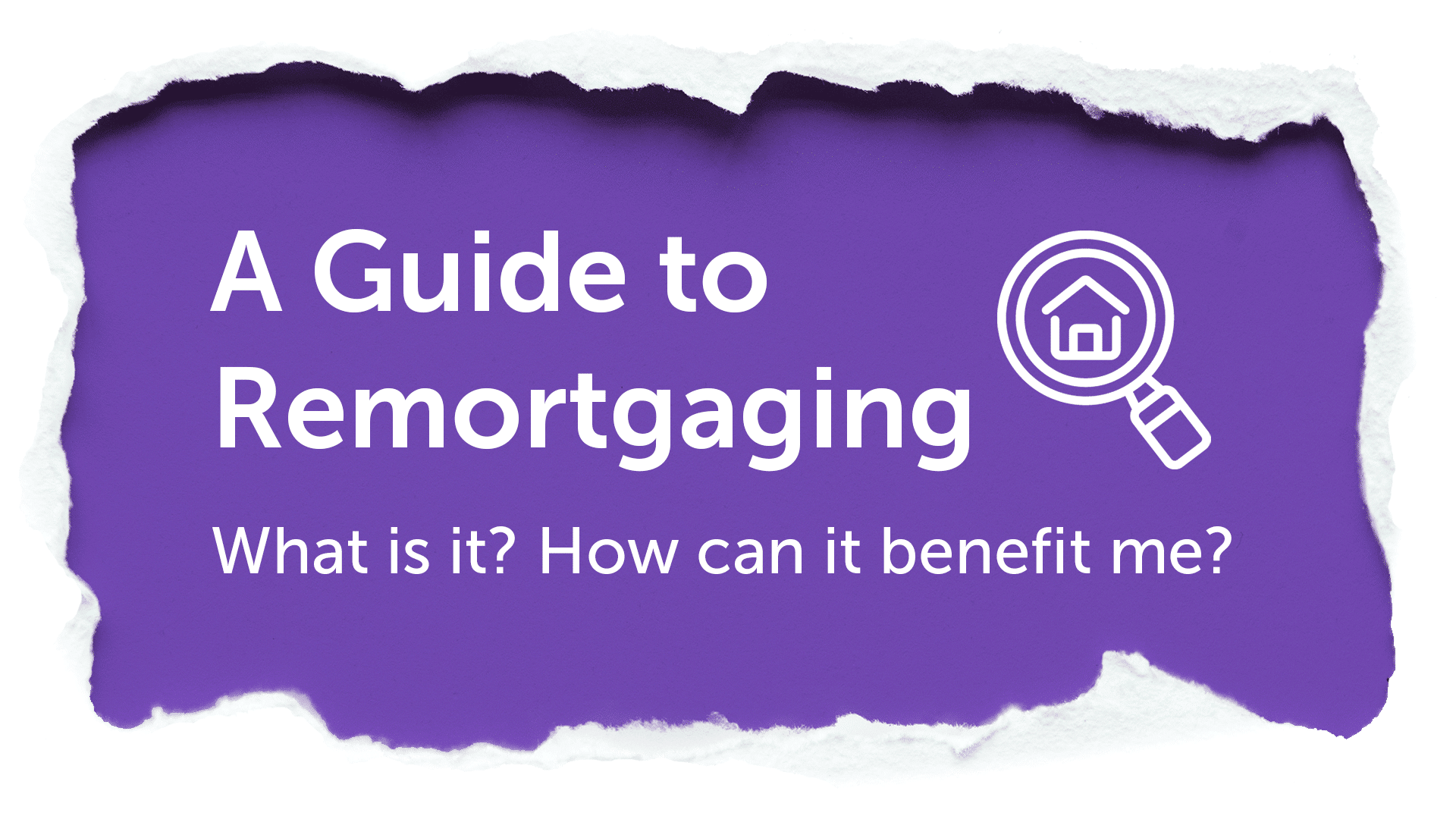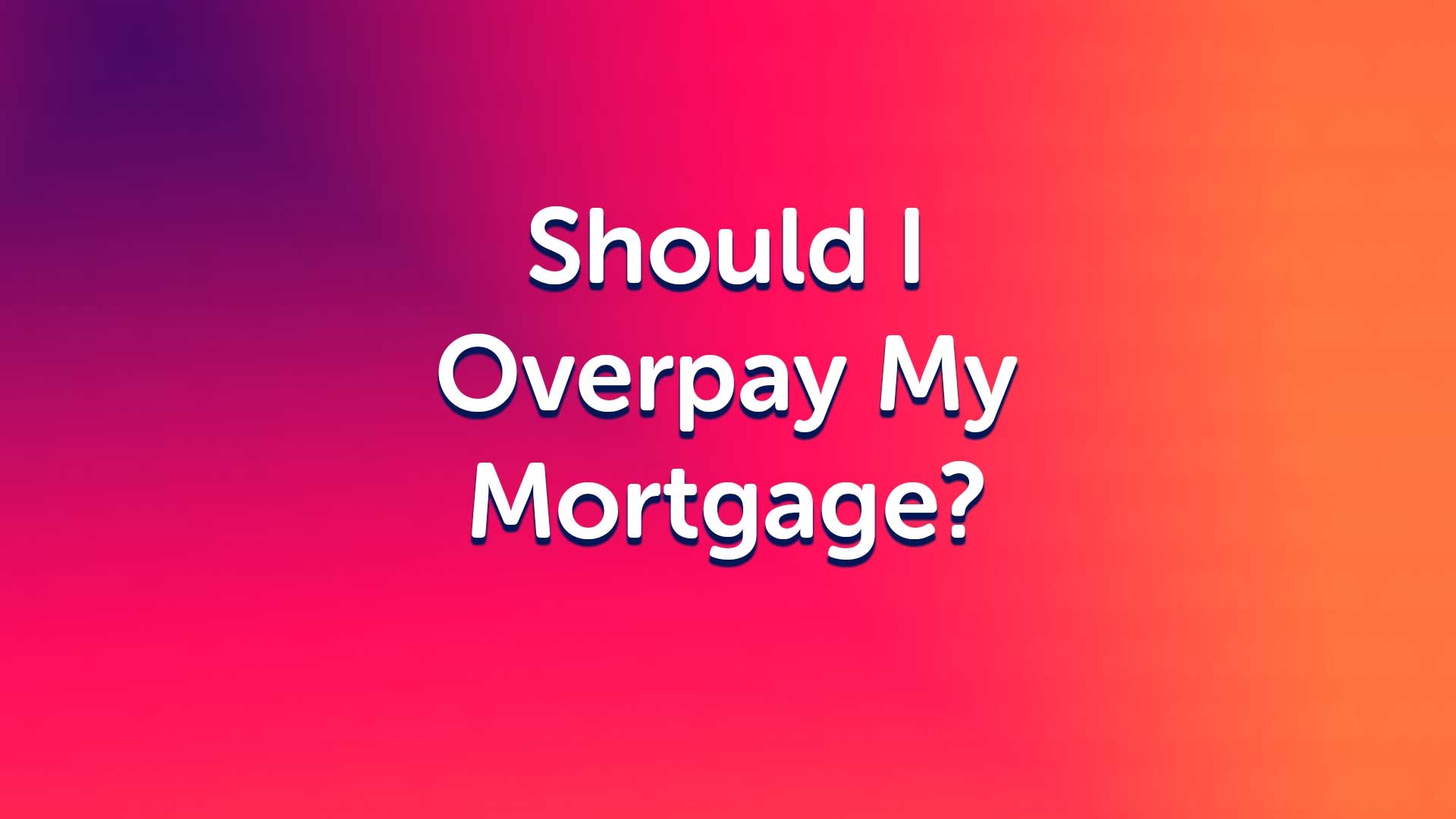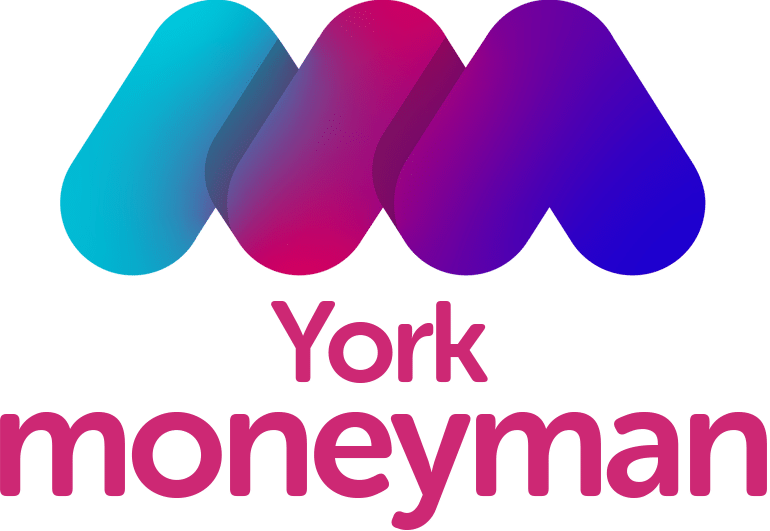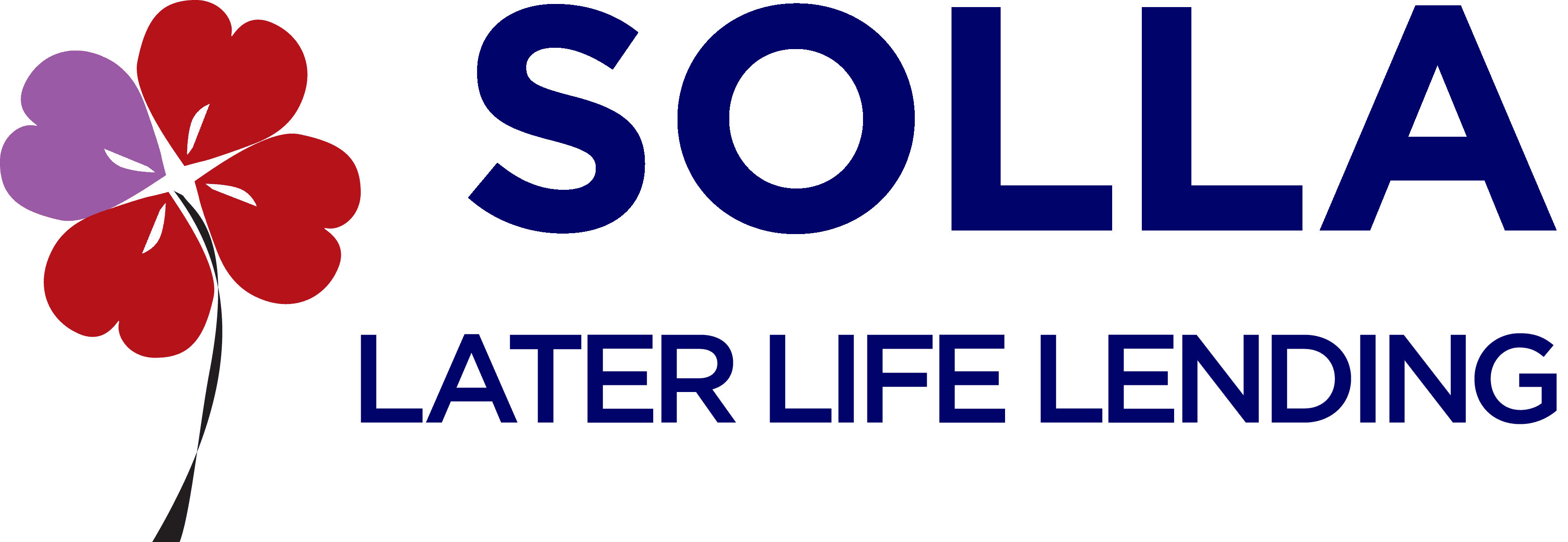The Different Types of Mortgage
Whether you are looking to buy a home as a first time buyer in York, are moving home in York, or are ready to remortgage in York, you’ll quickly begin to realise there are a lot of options out there for you when it comes to taking out your mortgage.
In this article, we have put together a comprehensive list of the most popular types of mortgages available to customers on the mortgage market.
If you have any questions regarding any of the mortgage options that we talk about below, then please do not hesitate to get in touch with a dedicated mortgage advisor for expert, open & honest mortgage advice in York & surrounding areas.
What is a Fixed-Rate Mortgage?
A fixed-rate mortgage will mean that your monthly mortgage payments will remain unchanged for the duration of your mortgage term.
The length of which you want to fix your payments is your choice, with typical choices being somewhere around 2, 3 or 5 years or longer.
No matter what happens with inflation, interest rates or the nationwide economy, you know that your mortgage payment, which is usually a person’s single biggest outgoing, will always be routinely consistent.
What is a Tracker Mortgage?
A tracker mortgage will serve the purpose of providing you with a mortgage interest rate that mimics the Bank of England’s base rate.
This means that neither you nor the mortgage lender will set the rate and it will change as and when the base rate does. If the base rate goes up, your interest rate goes up. If it goes down, yours will go down too. Of course, this happening is beneficial to you.
You will be paying back at a percentage that is above the Bank of England base rate. If we use this in an example; Let’s say the base rate is 1% and you are tracking at 1% above the base rate, that means you will be paying back your interest at a rate of 2%.
What is a Repayment Mortgage?
When you take out a repayment mortgage this means that each month you will be paying back a combination of both the interest and capital. This is the standard mortgage people think of when looking to buy a home.
Going off the basis that you can keep your payments going for the mortgage term duration, you will be guaranteed to have paid it off in full and own the home of your dreams by the end of it.
This is generally, across the industry and the wider world, considered the most risk-free way to pay your capital back to the mortgage lender. Early on in your term, the amount you’ll be paying will be mostly the interest, with your balance reducing at a slower rate. This is especially the case if your term is 25, 30 or 35 years.
The process quickens up within the last ten years or so of your mortgage, where you will be paying back more capital than interest, with the balance reducing at a far quicker rate.
What is an Interest-Only Mortgage?
Whilst we do still regularly encounter many buy-to-let mortgages being set up on an interest-only basis (this is an option that works out much better for many landlords), it is increasingly more difficult these days to get a residential property on an interest-only mortgage.
The reason for this is that once you reach the end of your term, you will still have the full mortgage amount to pay off all in one go, with no additional income to fund the amount you’re required to pay.
That being said, there are various unique circumstances where this can be a suitable option for customers, including downsizing when you are older or if you happen to have other investments you can use to pay back the capital.
Lenders are often incredibly strict when it comes to offering these products now and the loan values tend to be much lower than they were in previous years.
What is an Offset Mortgage?
The way an offset mortgage works is that your mortgage lender will set you up a savings account that will work in tandem with your mortgage account.
To explain this using an example, let’s say that you have a mortgage balance of £100,000 and you deposit £20,000 into your savings account, you will only be paying interest on the difference between those figures, which in this instance would work out at £80,000.
This can be a very efficient way of managing your finances, especially if you are wont to be paying higher rates of tax.
Date Last Edited: December 19, 2023

